The Cross’ Message about Culture, Freedom, and Moralism
1 Cor. 8:1–13
Break Bread
Enjoy the company of each other. Eat together with gratitude. If possible and/or if no food, take communion together. Ask highs and lows of the week.
Worship (Worship through a Psalm)
Transition to a space friendly for deep engagement. Worship through a Psalm
We are going to start a time of worship. For worship instead of singing songs, we are going to use a Psalm (the Israelite’s “Spotify” for worshiping God). This is how we’re going to do it. We are going to pick a Psalm. And each of us will read aloud 2 verses aloud. After it is read, we will spontaneously say a prayer of praise in response to what is read. When we feel led to continue (or after 1-2 min, we will continue onto the next 2 verses until the Psalm is complete.
Suggested Psalms:
Psalm 100
Psalm 8
Psalm 19
Psalm 92
Psalm 145
Have One Person Read this Background Aloud
Corinthian culture, “more Roman than Rome,” was a culture saturated with pagan idols and rituals––“many gods and many lords” (1 Cor. 8:5). Residents were expected to participate in “house gods” which typically involved eating food. In the context of town councils, schooling, employment, commerce, or socializing of any form, these activities were normally done in settings that honored and paid tribute to idols. And given that refrigeration didn’t exist at that time, much of the food available in Corinthian markets (and especially meat) had been previously used and prepared in various pagan ceremonies earlier in the day. This made the Christians of Paul’s congregation stand out like sore thumbs if they didn’t participate. Consequently, an argument broke out within the Corinthian congregation as to the use of foods that had been previously prepared in rituals of pagan religion.
One faction argued that the food was defiled by association with perverse pagan rituals, whereas others argued that they were so spiritually enlightened that their superior spiritual attainment permitted them to participate in and use materials from pagan rituals however they pleased. This is an argument about the Christian’s relationship to surrounding culture: Must Christians withdraw from all aspects of society if those aspects are not (or even opposed to) Christian(-ity)? Aren’t the Christians who participate in these things compromising with the spirit of the age? The theologically conservative side argued the importance of remaining holy and set apart for Christ; the theologically liberal side argued this was impractical and legalistic, which Christians aren’t supposed to be because in Christ we are freed from the bindings of Torah. If you think in terms of today’s ‘culture wars’ that divide Christians, you’ve got a sense of this conflict in Corinth. Throughout chapters 8–10, Paul offers a different rebuke to each––one for each side of the divide––and two guidelines of Christian freedom to correct, encourage, and draw both together as one.
[Prayer]
Reading
Go in a circle and read the passage taking it a few verses at a time
1 Cor. 8:1–13
Afterwards, leave 30-60 seconds for silent reflection on the reading
Do this Practice Tonight
Go around and try to summarize what is going on in the passage.
Discuss any of the Following Questions (or add your own!)
What word or phrase or idea in the passage caught your attention?
The Corinthians in 1 Corinthians 8 were struggling with a “cultural separation” vs “cultural freedom” duality, where one maintained strict avoidance of all things non-Christians vs having no moral boundaries whatsoever. We have our fair share of these dualities in America which pull at us. Where do you see this immediately around your life and in what ways are you challenged to pursue more Christlikeness amidst that duality?
Are there ways in which my “freedoms” or my “separation” keep yourself or others from from following truly Jesus?
How can I love and serve others better who have different convictions than I do about certain things?
What is God saying to us through this passage?
Is there an action I feel called to take this week?
Suggestions for Practices for the Week
Journal at the start of the day with the prompt: “Lord, in what ways do my Christian stances/behavior repel people from following you?
Carry yourself with radical hospitality and graciousness that invites even strangers into an encounter with Jesus.
Leaving Together
Say goodbye Stand at the door with a blessing and a hug
